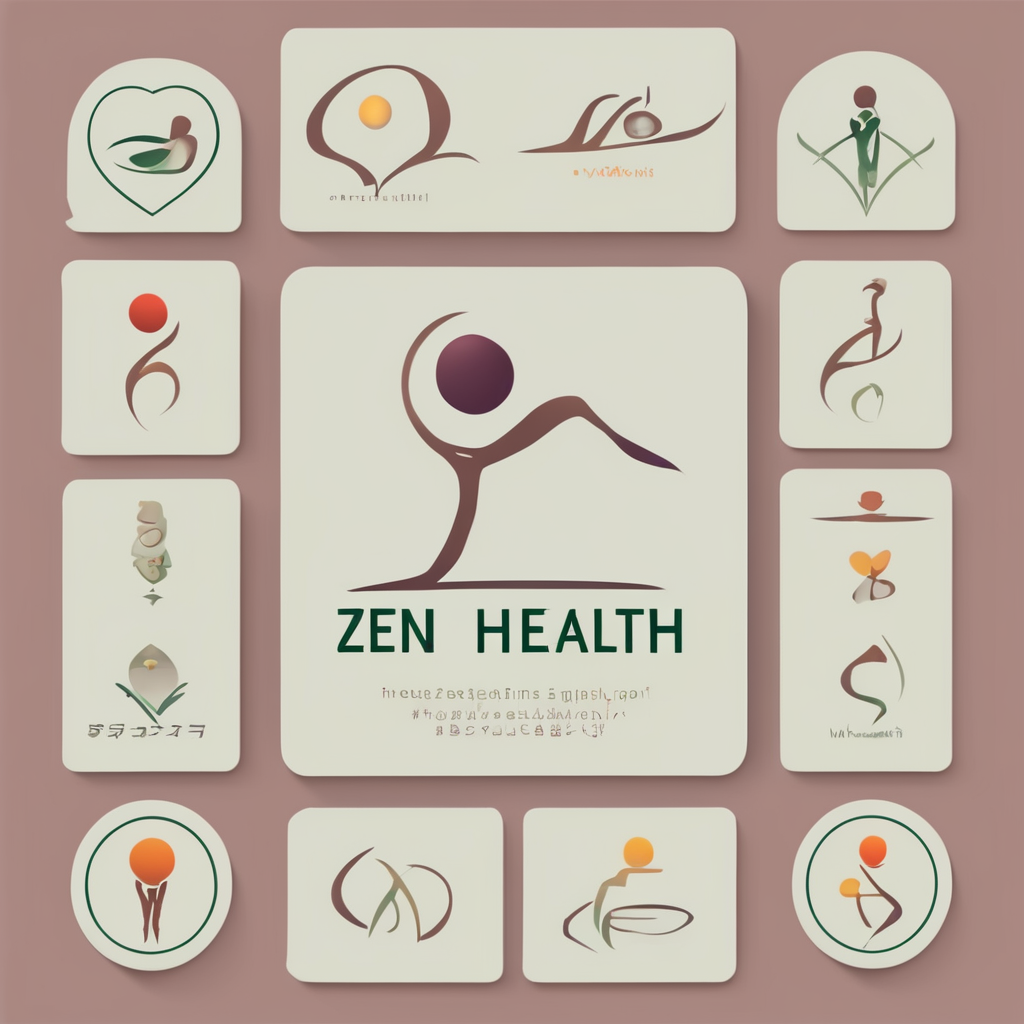Mindfulness has become more than just a buzzword in recent years; it has evolved into a scientifically supported practice that offers numerous benefits, particularly for health professionals who face daily challenges at work. In the fast-paced world of healthcare, where demands are constant and expectations high, the well-being of caregivers can often be overlooked. This article explores how UK health professionals can integrate mindfulness practices into their routines to enhance mental well-being, combat stress, and improve their overall quality of life.
Understanding Mindfulness and Its Relevance to Health Professionals
In its essence, mindfulness is about paying attention to the present moment with an open and non-judgmental attitude. It is not about changing or fixing anything but rather about recognizing and accepting thoughts, emotions, and sensations as they arise. For health professionals who are continuously confronted with high-pressure situations, mindfulness offers a tool for cultivating mental clarity, resilience, and emotional balance.
Also read : What role do UK health professionals play in managing infectious disease outbreaks?
Research from sources like Google Scholar has shown that mindfulness practices can significantly reduce stress and anxiety, two prevalent issues in the healthcare sector. By incorporating mindfulness, you can become more attuned to your own needs and limitations, ultimately leading to better self-care and patient care.
Mindfulness-Based Cognitive Therapy (MBCT) is one such intervention that has shown promise in reducing symptoms of depression. Initially developed to prevent relapse in individuals with recurrent depression, MBCT combines traditional cognitive-behavioral therapy approaches with mindfulness practices. For those in the healthcare industry, engaging in such therapies could help mitigate the overwhelming emotional toll that often accompanies their roles.
Also to read : What impact does technology have on the patient-provider relationship for UK health professionals?
Practical Mindfulness Exercises for the Busy Professional
Implementing mindfulness into your daily schedule does not require hours of meditation or extensive training. Here are some practical techniques that can fit seamlessly into a busy lifestyle:
-
Breathing Exercises: Simple breathing exercises can be performed anywhere, whether you’re between patient visits or on a short break. Focus on the sensation of the breath entering and leaving the body, which can anchor your attention and provide a moment of calm.
-
Body Scan Meditation: This practice involves mentally scanning your body from head to toe, noting any tension or discomfort without attempting to change it. It fosters a deeper connection with the body’s signals and can be a restful way to end a hectic day.
-
Mindful Walking: With just a few minutes, you can practice mindful walking by focusing on the sensations of each step. Each footfall becomes an opportunity to ground yourself in the present, offering a reprieve from the constant demands of work.
-
Guided Meditations: Apps and online resources offer a plethora of guided meditations, specifically designed for people with limited time. These can be an excellent starting point for those new to mindfulness, providing structure and support as you build your practice.
Incorporating these exercises into your routine, even if it’s just for a few minutes each day, can contribute to a significant improvement in overall well-being.
The Impact of Mindfulness on Group Dynamics and Workplace Culture
Mindfulness doesn’t just benefit individuals; it can also transform group dynamics and workplace culture. In healthcare settings, where collaboration and communication are critical, fostering a mindful environment can lead to a more cohesive and supportive team.
When team members engage in mindfulness practices together, it can enhance empathy and understanding, reducing misunderstandings and fostering a sense of community. Mindfulness encourages active listening, which is vital in ensuring everyone feels heard and valued. This can lead to more effective problem-solving and a stronger, more united team.
Furthermore, institutions that promote regular mindfulness training for their staff often report lower absenteeism and higher job satisfaction levels. This isn’t surprising, considering that mindfulness helps people navigate workplace challenges with a clearer mind, reducing the risk of burnout and promoting a work-life balance.
By investing in mindfulness-based initiatives, healthcare organizations can create an environment where their employees’ mental health is prioritized, contributing to a more positive workplace culture and better care for patients.
Mindfulness and Mental Health: A Defence Against Anxiety and Depression
Mindfulness has been extensively studied for its effects on mental health, particularly in mitigating symptoms of anxiety and depression. The practice encourages individuals to observe their thoughts and feelings without judgment, reducing the grip of negative thought patterns.
For health professionals, who may experience high levels of anxiety due to the nature of their work, mindfulness offers a valuable coping mechanism. By learning to observe their mental landscape without becoming entangled, they can maintain a more balanced state of mind, even in the face of challenging circumstances.
Moreover, engaging in regular mindfulness practice has been linked to the strengthening of the prefrontal cortex, the brain region responsible for executive functions like decision-making and emotional regulation. This neuroplasticity can result in an increased capacity to handle stress and a greater sense of emotional stability.
Mindfulness-Based Interventions (MBIs), such as MBCT, have been successfully used to treat depression, providing evidence-based support for integrating mindfulness into mental health care. For health professionals, these techniques can offer a proactive approach to maintaining their mental health, ensuring they remain effective and compassionate in their roles.
Incorporating mindfulness techniques into the demanding lives of UK health professionals can profoundly impact their mental and emotional well-being. By embracing these practices, you can cultivate a sense of inner calm, enhance your ability to manage stress, and improve your overall quality of life. As you embark on this journey, you’re not only investing in your own well-being but also in the quality of care you provide to your patients.
Mindfulness is a powerful tool that empowers health professionals to thrive in their careers, maintaining resilience in the face of everyday challenges. As you integrate these techniques into your life, you pave the way for a more mindful and balanced existence, both in and out of the workplace.











